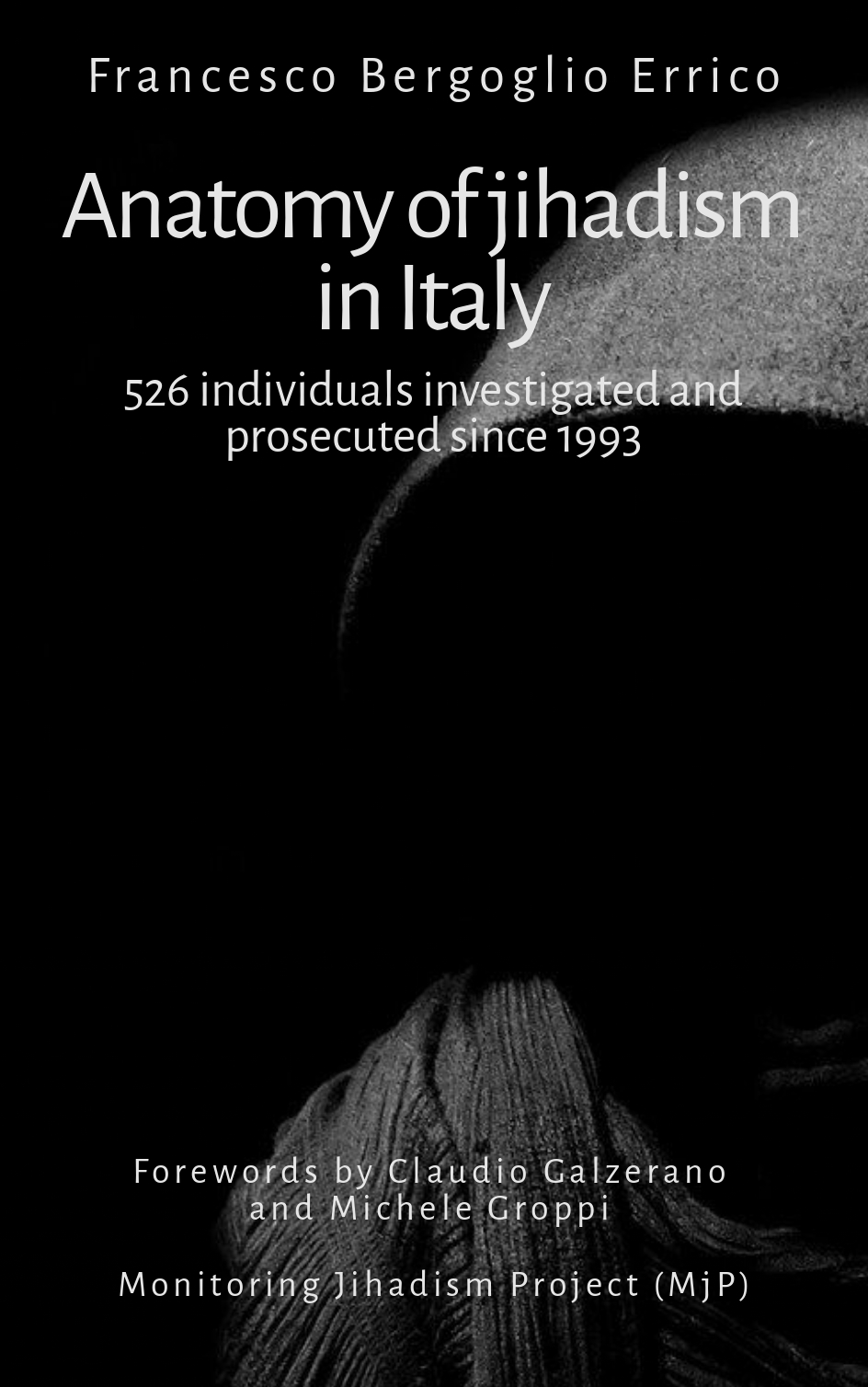Ajhan Veapi
On February 26, 2016, the Macedonian citizen Ajhan Veapi born on April 5, 1978, was arrested and detained in the Nuoro correctional facility. The defendant was charged with organising, funding and advertising travel to foreign territories with the aim of terrorism under art. 270 quater 1 of the Italian Criminal Code. According to the indictment, Veapi had facilitated the radicalisation of Munifer Karamaleski and Ismar Mesinovic by sending links and videos of jihadist propaganda and, as an intermediary, by putting them into contact with the Imam Husein Bosnic.
At the time of the criminal proceedings, Veapi was the advisor of the Pordenone’s Islamic Centre and his friendship with Bosnic had been proven since 2012, as the defendant was the Imam’s representative in Italy. Based on data gathered from the defendant’s computer, it emerged that Veapi knew personally a few traveling Imams willing to do proselytism in Italy and according to the statement of the president of Pordenone’s Islamic Centre, for the annual conference in the Centre in 2013, Veapi proposed Bosnic as a speaker and was said to be the only one to maintain contact with the Imam and to organise his trip. Before these meetings, Veapi used to send materials about the Imams’ lessons with clear reference to terrorism and documents manufactured by ISIS. All the materials found in Veapi’s computer containing several Imams’ sermons praising the jihadist propaganda, the proclamation of the Caliphate and the mujaheddin prayer are proof of his ideological beliefs.
The indictment states that Veapi met Mesinovic and Karamaleski for the first time in 2012, signalling the starting point of their friendship as evidenced by phone records and the online materials sent by the defendant preparing them for the meeting with Bosnic. In May 2013, before the conference in Pordenone, Veapi and Mesinovic went to Bosnic’s house in Bosnia while Karamaleski stayed in Italy. This meeting played a decisive role in Mesinovic’s radicalisation and therefore Veapi’s role in his enlistment is clear as it is his intermediary role between Karamaleski, Mesinovic and Bosnic. Veapi knew about Bosnic’s proselytism so his decision to invite him to Pordenone was not random but an evidence of his ideological beliefs. Although there is no proof that Veapi traveled to Bosnia when Karamaleski and Mesinovic decided to leave for Syria in December 2013, all evidence points to the fact that he had helped organising the trip.
Even his wife Adila Mamutoski in an audio surveillance recording in 2014 manifested her concern about her husband’s role in the enlistment of Mesinovic. Nonetheless, the defendant had already though about his defence strategy by destroying every evidence tying him to Bosnic while admitting Bosnic’s role as the mastermind behind the two foreign fighters’ enlistment. Once Mesinovic died in Syria in 2014, Veapi informed Bosnic of the foreign fighter’s death using a public phone booth in Pordenone while omitting his name, a suspicious phone call because the two men used to talk on the Internet or with their personal phone, revealing Veapi’s preoccupation of being intercepted by the police.
The Court of Venezia found Veapi guilty of enlisting with terrorism purposes in April 2017, sentencing him to deportation following four years and eight months in prison. In 2018, the Court of Appeal confirmed the adjudication although the Supreme Court in May 2019 emitted the avoidance of the sentence and bounded the defendant over for trial at the court of Appeal which ultimately acquitted him. In October 2020, Veapi got his residence permit revoked by the Pordenone police and was banned from entering the Italian territory for fifteen years because he had been judged to be an element of ‘social danger’ also displaying hatred towards Christians. Veapi relocated in Macedonia.




